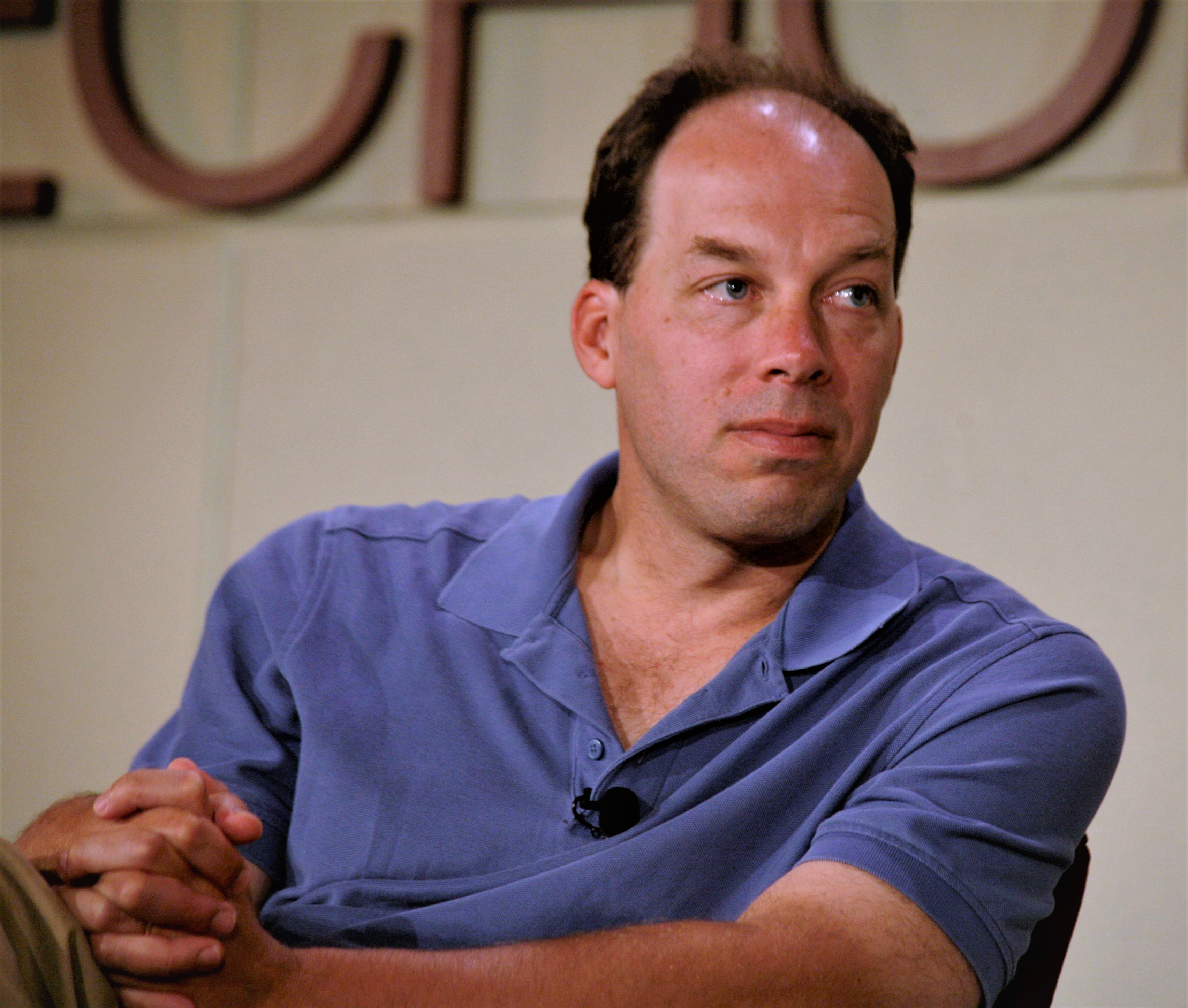A Stanford postdoctoral fellow named He Jiankui worked with his research adviser Dr. Stephen Quake — an applied physics professor and bioengineering superstar, by most accounts — while studying at Stanford in 2011-12. Over the next years, he would meet with him and other Stanford affiliates, bioethics professor William Hurlbut ’68 M.D. ’74 and pediatrics professor Matthew Porteus M.D. ’94 Ph.D. ’94, several times.
On April 14, The New York Times unveiled email correspondence between Quake and He, mostly comprised of He updating the professor on milestones He had reached in his experiments — confirming the pregnancy of the woman for which he had transplanted a gene-edited embryo, the “success[ful]” birth of the babies and indications that the twin girls were “quite premature and remained hospitalized for several weeks.”
These developments remained secret until Nov. 28, 2018, when, to much of the world’s outcry, He unveiled his work in creating history’s first genetically edited babies. The announcement would eventually be followed by a global moratorium on gene-edited babies and conversation over the ethics of pushing forward the biological frontier in such a drastic way.
He has been criticized, but so have the researchers that are considered to be bystanders. Reports have latched onto individuals like Quake who were expected to have knowledge of He’s intentions, prompting the University to launch a review into its faculty members’ ties to He’s research. Quake shared those emails with The Times in an attempt to dispel the allegations that he had been involved with the work.
“I had nothing to do with this and I wasn’t involved,” Quake said. “I hold myself to high ethical standards.”
According to The Times, while the emails do “contain expressions of polite encouragement like ‘good luck,’” they also show repeated attempts on Quake’s part to urge He against pursuing the project. Quake also encouraged He to obtain ethical approval from institutional review boards, to submit the research to a peer-reviewed journal, and to only edit genes to “address a serious medical need.”
In this case, He defended his work by saying that he had altered the DNA using CRISPR technology to make the twin girls HIV-resistant, specifically by altering the CCR5 gene. Yet, critics push back on the categorization that this use of CRISPR addressed a serious enough medical need to overcome the ethical concerns. Using cesarean sections to deliver babies of mothers with HIV is one of the other ways to stop offspring from contracting the disease, according to a report by Nature.
Quake did not believe that there was a scientific consensus on the issue, and nor is the “unruffled response of the experts [Quake] consulted” consistent with the shock and horror some scientists are expressing, according to The Times.
When it comes to the placement of blame, some have been quick to criticize those who knew, but kept quiet.
Hurlbut told The Daily in February of his concerns that news sources were misrepresenting the issue by assigning guilt to researchers in connection with He, despite their lack of direct involvement and repeated attempts to curb He from moving forward in his experiments. Hurlbut, who had also spoken with He several times over the years, also expressed the belief that He Jiankui was adamant in his work.
“I’m sad to say, but I don’t think [anyone could have changed his mind],” Hurlbut said.
To someone like He who seems resolute in his work, Quake suggested to The Times that he was in a difficult place.
“What does a person in my position do?” he said. “Encourage him to do it right, his research, right? I mean, that’s what I believed I was doing.”
As of Sunday evening, the University has not released a statement on the outcome of its review. Quake did not immediately respond to The Daily’s request for comment.
Contact Elena Shao at eshao98 ‘at’ stanford.edu.
